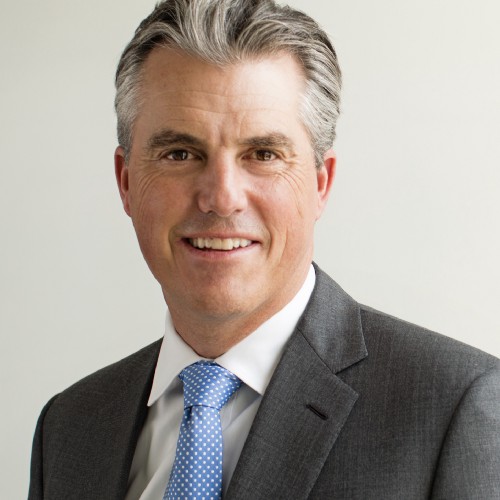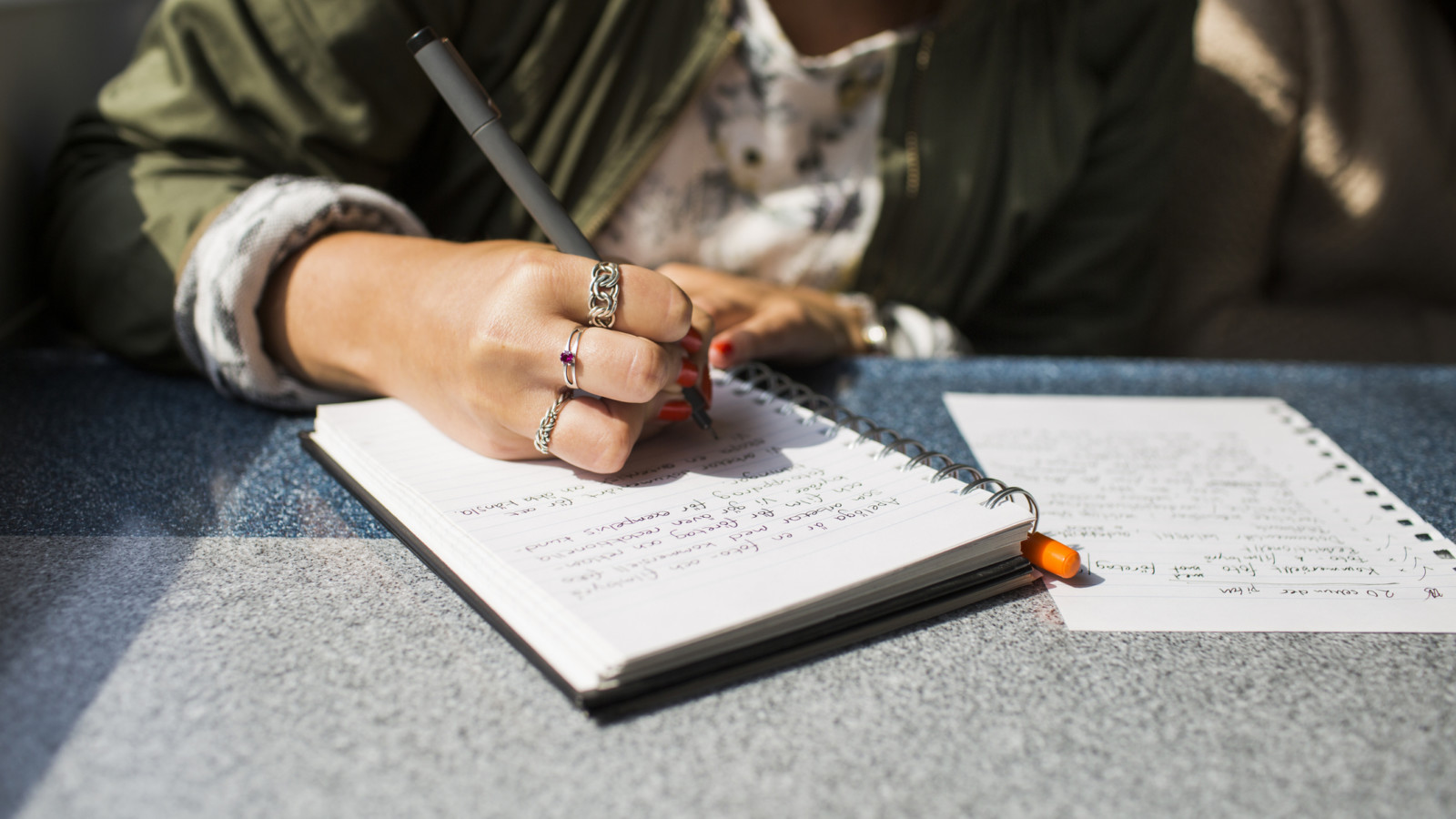Dear Emmeline,
Well, so much for that advice.
When you entered UNC in August 2019, Mr. “Know-It-All” here wrote you a syrupy letter that he was proud of, thinking it was a philosophical masterpiece ushering you into a new chapter of your life as a college first-year. Truth be told, as dramatic as that letter was, deep down, I thought your college journey would be a piece of cake.
Little did I know what lay ahead.
You have been through a lot. (Dare I say more than most who are three years into school.) And while you have handled things admirably, that’s not the whole story. Things have been tough. Covid-19 and its variants threw your world into a tailspin in March 2020. We grabbed your things and drove home. You sat in Scarsdale for weeks on end, staring at your laptop and lounging in your bedroom. We thought all was well. Remote seemed fine.
That was just the beginning. For you and every other twenty-something quasi-adult in our society, the pandemic will forever be remembered as a wake-up call. It was a jolt to the mental health of your generation–the generation that was the guinea pig for our “always-on,” connected, social media-driven, smartphone-addicted society.
Pre-pandemic, you and your peers existed in a world where you toggled between a digitally refracted reality and physical reality. One moment you’d be scrolling through your feed posting, double-tapping, and being alerted to incoming texts. The next, you’d be with friends hugging and attending events or sitting in class, taking in human interaction as it has always existed. It wasn’t ideal, but having one foot in actual reality and another foot in digital reality seemed to work.
What didn’t work, at least for you, but I suspect for millions of others, was the harsh entrance into a digital-only world after Covid stripped you and your friends of the physical interactions that have bonded society since the beginning of civilization. We read about a “mental health crisis.” Easy words to say. Much more difficult to learn as a parent or a loved one or a friend. I’m not sure why, but the transition we are going through, led by your generation, feels like a massive movement towards understanding “self.”
Who am I? What am I worth? Why am I here? These are tough questions.
Ask yourself those questions in a dimly lit room, alone, staring at a screen, and yes, a mental health crisis ensues. And those questions aren’t being asked just because some pandemic showed up–it was bound to start happening at some point as we continue to climb Maslow’s hierarchy. Pursuing self-actualization is the arc of humanity. The digital mirage makes everything seem possible. Choosing who you want to be becomes overwhelming. Receding into dark places can seem easier.
So, it’s with that bit of context that I wish to share what you recently wrote, in March of 2022, having come out the other side of a challenging period in your young life. Yes, it may feel like your problems are “uptown” problems, but that’s not fair. Happiness and sadness don’t discriminate based on societal structures. They just reflect mental reality. Your piece, I think, might help anyone who is struggling.
New York City
Last week I read a book that described New York City as a “consistent anomaly yet a harbinger of change.” I’ve always felt a connection to the city. My parents built a life here–my story started in midtown, and I spent my childhood admiring it from a safe distance, nestled in an idyllic suburban bubble just close enough to feel the fire, just far enough not to get burnt. New York stands alone—a tantalizing reminder of greatness, possibility, imperfection, and individuality. What an existence. I’d like to live, myself, in a similar manner.
My high school English teacher used to say, “when something works, keep doing it.” A seemingly obvious statement that I have miserably failed at following for most of my life. I’ve never latched onto anything for long enough to reach the potential of failure. There are books half-read, notebooks half-empty. That club I started in high school? We had one meeting. A summer internship only lasted until mid-July.
I recently entered a period of my life that my therapist—one of many these days—calls a “semester of radical genuineness.” I wasn’t sure what would come from that genuineness because truthfully, I had not a fucking clue who I was anymore. Somewhere in the past few years I lost that cloudy innocence that softened any real, introspective analysis. It had caught up to me. I had visited the craft store 5 times in one week, clinging desperately to a newspaper collage project to fill the deep hole of loneliness, regret, and self-deprecation, holding me together as tenuously as the hodge-podge it was assembled with. I’d like to perform a study on the collective mental well-being of Michaels Craft Stores’ frequent patrons.
I don’t know if I’ve known myself for quite a while now. When I used to ask my mom her favorite color, she’d say it was rainbow, which I found endearing. She just couldn’t choose. Now I find her answer a symptom of womanhood, selflessness—perhaps a blend of both—an innate need to adapt, shift, shrivel to the needs of others. It’s crazy to think that the word selflessness, a term I’ve viewed reverently for most of my life, by definition, means a lack of self. I wrote all of my college application essays on “wanting to immerse myself in [insert college]’s diverse community.” If my sole passion, my best foot forward, was based on the facilitation of others, where does that leave me, at my core?
I haven’t even entered an orbit where I can answer that question. But it has been a month and a half since my last trip to Michaels, and yesterday I realized my favorite colors are emerald and forest green. I’m painting even though I’m bad at it, and my notebook is filling up fast. I am spending time with myself , and without that cloudy innocence, I’m realizing I have thoughts worth harnessing that make me feel a little better about the space I’m occupying on this orb. An anomaly? Not in the slightest. A harbinger of change? Not yet. I may spend my life chasing New York City. Wouldn’t that be nice.
Emmeline, whether you realize it yet or not, your words are beautiful and powerful. Your voice is honest, and vulnerable, and courageous; your eye and emotions are sharp. As I said in August of 2019, I’m pretty much out of advice. All I can do is observe. And love. And understand. And be there to listen to whatever you wish to share. Keep us close to your journey. The twists and turns make you appreciate the straightaways.
And one more thing—keep writing.
Love,
Dad


